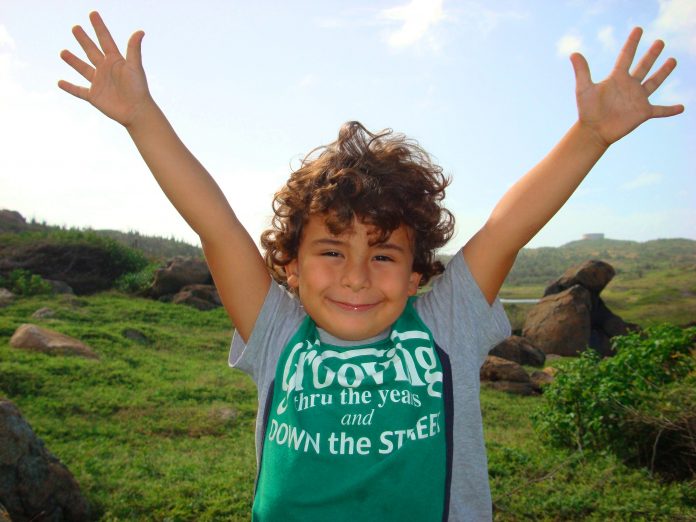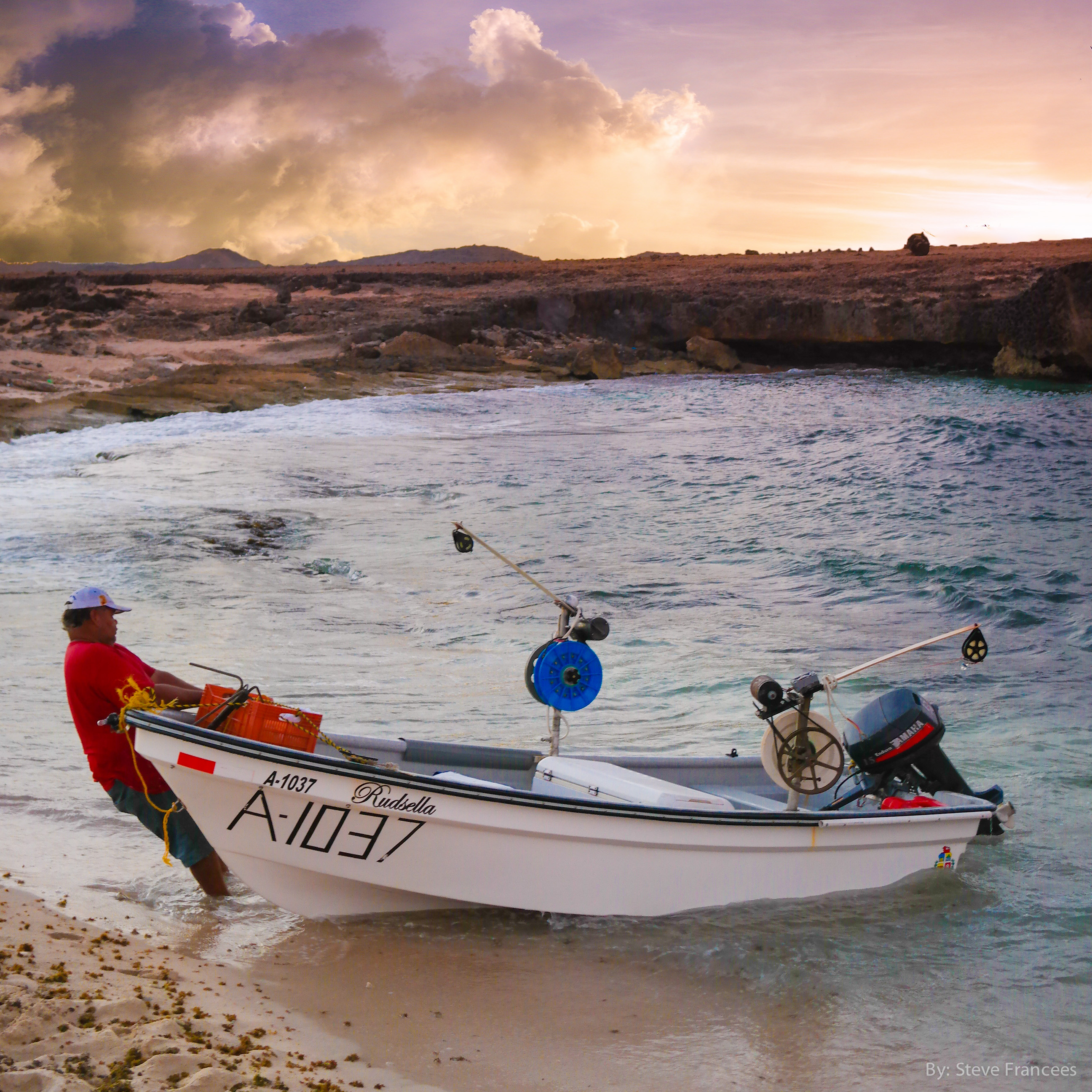Stay in touch with the “Island-Insights” revelations regarding native Aruban ethnic heritage, upholding the island’s cultural identity in each of our weekly episodes, sharing awareness and education while encouraging each reader to experience a true ad authentic island state of mind.
In these times, the importance of preserving cultural heritage throughout the world is emphasized to benefit human civilization in the future.
As Aruba is an attractive tourist destination, cultural conservation and promotion will only make sense if they are economically sound, sustainable, and nature-friendly. Building and holding on to heritage through sustainable cultural tourism for our future generations must be a priority!
Building heritage describes our origins and expresses our understanding of who we are today. It helps to define a sense of place and an identity for a community and contributes to feelings of belonging and national pride.
We would like to shed light on this important issue of safeguarding Aruba’s cultural heritage and raise special awareness on the importance of protecting and preserving sites in the face of threats like climate change, natural calamities, and incoherent human activities like stacking stones, writing monuments, and leaving rubbish and dirt everywhere behind.
The tourist industry on our island contributes in an important way, and since the beginning – see episode 120- it has been an attractive destination for high-quality visitors. At that time, tourism was returning more than Aruba, its environment, and its people needed. Now, Aruba is immersed in the opposite situation, and tourism has caused significant harm to the environment (both directly and indirectly). Our island needs solidarity but also to encourage responsible behavior on the part of its inhabitants and visitors as well in order to protect it, and that tourism continues to give more than we need so that high taxes could be alleviated.
We know that cultural tourism has always been the great guardian of ancient civilizations, but we see it today as the fundamental promoter of contemporary civilizations. We must show our visitors an orderly and educated lifestyle and offer tourism activities based on preserving the historical, cultural, and environmental aspects of Aruba.
The effort to collect, preserve, and document cultural and historical value has been an extraordinary journey started decades ago by Etnia Nativa in order to collect, safeguard, and compile the Aruban heritage. A work that needs support in the face of current challenges derived from preservation, conservation, digitization, etc. that are not always accessible. Culture and heritage are facing many challenges in procuring, conserving, and making materials accessible. Changing the conditions of oral history and filed documents in order to disseminate these requires investing in capable know-how to create open-access digital platforms and portals, which is in many ways time-consuming and very costly. Other challenges include competing with institutions with larger available funds that don’t see the urgency to preserve or respect local costumes against small local endeavors with limited budgets. The question of who owns nature, commerce, short-sighted politics involved in the acquisition of more personal wealth, or those committed to long-term preservation of materials that are and may be considered national treasures There are also perceptions about documentary heritage that, despite being outside of traditional paradigms, deserve a place in better understanding the need to incorporate information from those who take pride in maintaining private cultural heritage collections.
Aruba has a very valuable intangible cultural heritage that includes oral traditions, performing arts, social practices, rituals, festive events, and the knowledge and skills necessary to create traditional arts and crafts. It is an intangible cultural heritage, or “living heritage,” that refers to the practices, expressions, knowledge, or techniques transmitted from generation to generation.
We must “prepare” Aruba for any eventuality, take care of its nature, keep public spaces and natural areas clean, drive carefully, and show respect at all times.
In this small and paradisiacal tourist destination, we are already beginning to see signs of fierce competition for visitors due to the difficult global economic conditions and the lower availability of income. A global situation that reflects how Aruba is supporting an “extra load”.
As a museum and cultural professional, Etnia Nativa specializes in the practice of providing historical and cultural experiences to learn about Aruba’s heritage in a fun and educational way. Etnia Nativa will continue to work hard to identify, maintain, preserve, and share Aruba’s records and history.
So do something off the tourist grid and visit a unique private residential museum where you can be touched by the island’s authentic heritage and live out the native effect between exhibits of archaeological art, archaic artifacts, lithic tools, colonial furniture, and historical items.
Etnia Nativa is, since 1994, the home of Anthony, our acclaimed columnist, artist craftsman and island Piache who guides and lectures you through his resplendent collection and it is the only place that recreates and introduces you to an authentic glimpse into Aruba’s native cultural legacy and his colonial family`s heritage dating back to 1640 when the Dutch occupation began dare to feel the true native effect, meet Anthony!
Appointment is required + 297 592 2702 or etnianativa03@gmail.com.




















